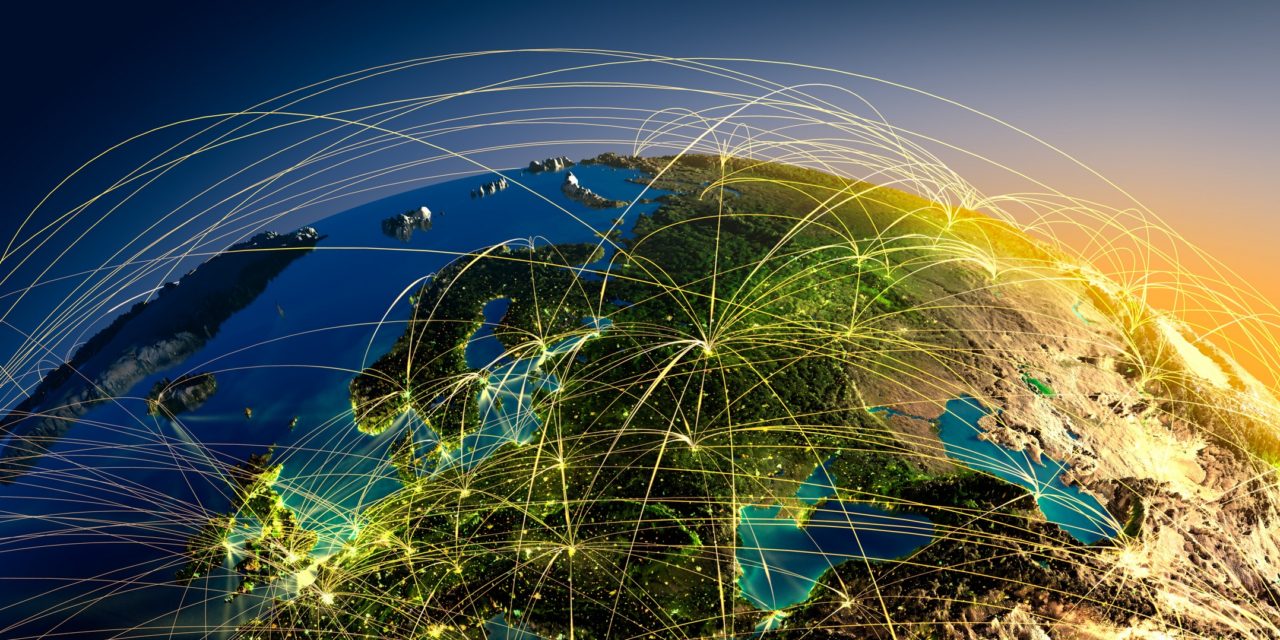As companies have embraced the remote workforce environment en masse due to the COVID-19 pandemic, many organizations’ C-suites – particularly, the Chief HR Officers (CHRO) that are looking to make new hires – are now tapping into the global, work-from-anywhere talent pool. In doing so, they can widen their search for specialized market expertise, new relationships, cost efficiencies and additional support. This strategy is becoming a more important factor in the ability of businesses to grow and deliver success beyond their domestic boundaries.
Whether you sit in the C-suite, HR, or the legal department, you likely already know that while there are countless benefits of recruiting from international talent pools, success hinges on understanding and adhering to the appropriate legal rules and processes. Hiring a global remote workforce in new countries without sound legal knowledge and experience could impact your company’s ability to meet current staffing needs, scale for growth and ultimately, its long-term success. Increasingly, businesses with international ambitions choose a global employer of record (EOR) to address these challenges. But in doing so, they face a choice in finding the most appropriate model for their needs. Ideally, those that provide local legal expertise, and employment practices in particular, can become a huge business asset. Getting it wrong with something as fundamental as employment contracts can stand in the way of recruitment, business agility and long-term success.
There are two global EOR models. One is a holistic approach in which one company owns the entire infrastructure in each country and employs professionals within their own entities for their customers. It combines technology and in-country experts that have the most up-to-date information for your employees. With this model, your EOR is an extension of your team, and you can trust them to relay accurate information, in their time zone, right away with no middleman to slow the process down - and happy, supported employees are always good for your company.
The holistic model allows companies to hire anywhere in the world and expand into new territories without having to make costly and time-consuming investments in subsidiaries or branch offices. It serves as the legal employer, handling payroll, taxes, and benefits, and ensuring compliance with local employment laws and regulations, freeing up companies to manage and direct the daily work of their team members.
Alternatively, some companies outsource the hiring of their team members around the globe through third parties. This is known as the aggregator, or consolidator, model. It means the aggregator EOR serves as an umbrella organization, and sub-contracts employment to providers in various countries, which are typically ‘mom-and-pop shops’ that have the local presence the aggregator EOR is lacking, or unable to establish.
There are many challenges with using an aggregator EOR, including some that only come to light during the most critical times for your company, such as when it’s time to exit. In these circumstances, if you use an aggregator EOR, employment contracts go through several parties. It starts with your employees, then moves to the third party, then to your EOR, then to your company. Any ineffective legal processes or other breakdowns in these contracts can put the wider process at risk.
With so many cooks in the kitchen, this is where the aggregator model can fall short. It also underlines a wider point: any company choosing to use an EOR that is built on the aggregator model, rather than the holistic model, should be sure to do so carefully and with extra added attention to employment contract details.
To help inform any decision about which EOR model to adopt, here are some key questions that should always form part of the decision-making process:
- Are international employment contracts compliant with local law? Who is responsible for this – your EOR or the third party they engage in-region?
- Can you legally hold your EOR accountable, or do they hand off the responsibility of protecting key areas such as your company’s IP to their third-party providers?
- Does your EOR follow all GDPR laws in relation to employment data? (If not, be wary of fines, equal to about four percent of your gross revenue.)
- Is your EOR set up to help the company scale, both now and in the future?
The bottom line is, a global EOR enables greater speed and agility in supporting timely, compliant global expansion initiatives for businesses. However, it’s important to understand the different models to ensure success now and for future business needs.
Latest posts by Nicole Sahin (see all)
- 5 Steps to Conquering the Remote-First Future - July 10, 2023
- How To Build An Agile Global Growth Strategy - February 4, 2021
- Why International Growth Needs World Class Legal Infrastructure - October 26, 2020













